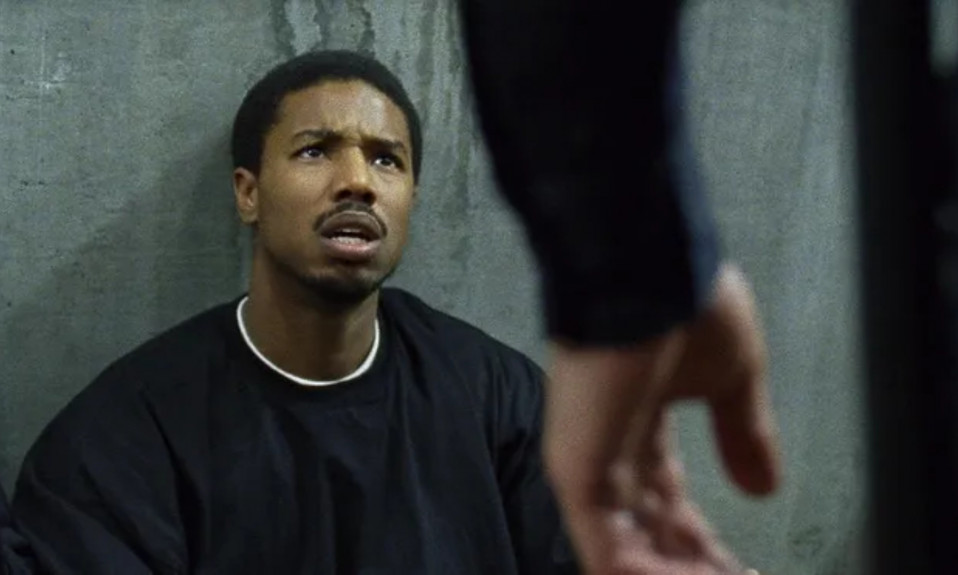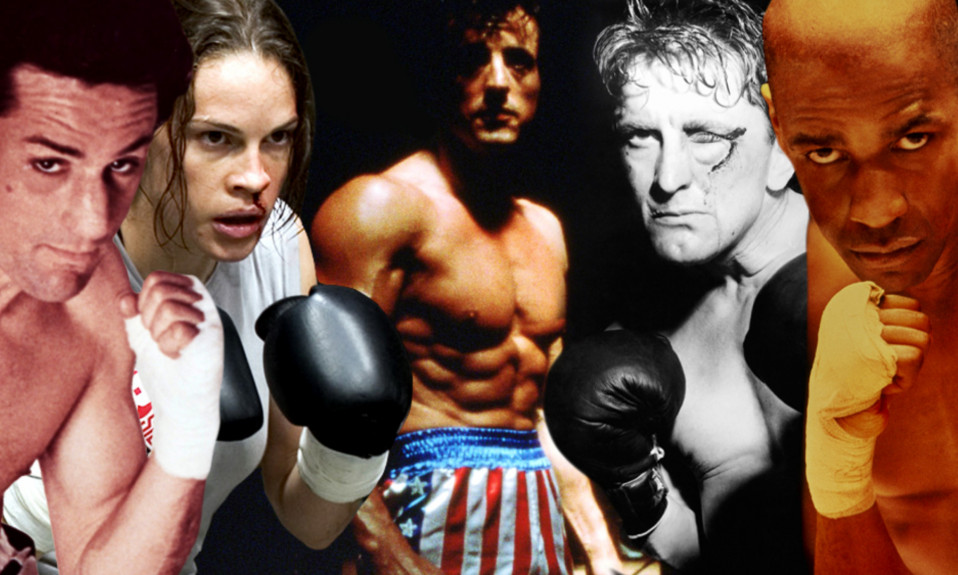Art can provide a space for people to reflect on and fully process tragedy, But how can filmmakers ensure movies based on real tragedies are not exploitative?
Today we will look at why we think it is important to include the survivors or the families of victims in the making of tragedy-based films. We will analyse examples of films that have achieved something, through their collaboration with people affected by tragedy. As well as the potential negative impact not involving those affected can have.
Bearing Witness
There are several reasons it is important to involve survivors or victims’ families in films based on real-life tragedies. Firstly, it helps provide a sense of care and common decency. It helps those who have suffered pain to feel their feelings are being taken on board, not ignored.
Secondly, involving affected people (directly or indirectly) and listening to them when it comes to creative decisions allows the narrative to be closer to their experience and allows the potential for it to be closer to what they need. By taking on their input it can help shape the film to provide closure, a fuller portrait of life, and more that can lead to positive outcomes for those affected. In summary, it gives power to those affected and provides opportunities for healing.
And giving those affected a say in how their story is told helps create a more welcoming environment. Thereby encouraging others affected by real-life tragedy to speak up and tell their stories.
Films Involving Those Impacted
Two films that have shown the benefits of involving people affected by tragedies in the production process include Fruitvale Station (based on the police shooting of Oscar Grant), and She Said (based on the Harvey Weinstein case).
During Fruitvale Station’s production director Ryan Coogler met with members of Oscar Grant’s family to discuss his life. This helped inform the characterisation of Oscar, which Grant’s family found to be very accurate to his personality. And Coogler’s focus on Oscar’s life rather than the tragedy that killed him, an approach he discussed with the family, helped provide some comfort to them. As they hoped the movie would encourage conversations around change.
Meanwhile, She Said involved several survivors of Weinstein in scripting discussions. As well as discussions with the actresses portraying them. And some also acted in the film. This process provided catharsis and a sense that the industry is starting to value survivors’ creative input more.
Why Their Voices Matter
When dealing with real-world events art can have tangible effects on the public and those affected by tragedy.
If the concerns and experiences of those affected by tragedy are not taken into account then it risks further entrenching harmful ideas in public discourse. Such as devaluing the testimonies of those affected and evidenced research in favour of creative license. As well as opening the door for potential sensationalisation of a story and deviation from accounts of what happened. Which can dehumanise and trivialise survivors or effected people’s experiences in the public eye. And it risks re-traumatizing those involved.
Of course, other improvements still need to be made regarding the cinematic telling of these stories. For example, She Said, despite its positive inclusion of affected voices, has also been said to play into harmful tropes of reporters needing to tell victims’ stories. As they are seen as more palatable. But more filmmakers must start taking the input of survivors and affected people seriously. So films based on events that altered their world forever can serve not as eternal monuments to their pain but as something that can help people to heal.
Also Read: The Eternal Appeal of the Boxing Movie












